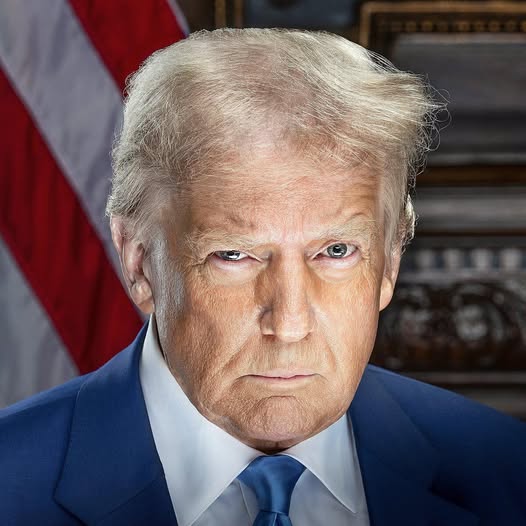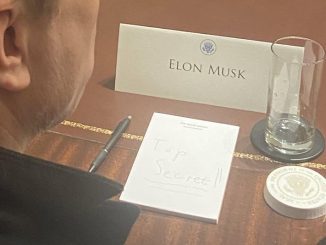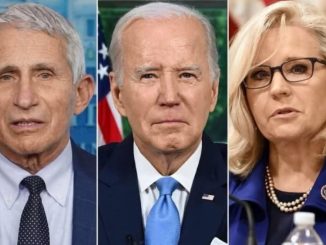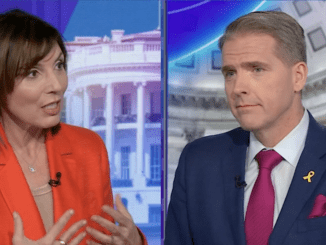
Washington, D.C., April 15, 2025 – The Trump administration announced today a plan to eliminate $1.1 billion in federal funding for the Corporation for Public Broadcasting (CPB), which supports PBS and NPR, and to codify $8.3 billion in foreign aid cuts at USAID, as identified by the Department of Government Efficiency (DOGE). The proposal, outlined in a memo by Office of Management and Budget Director Russ Vought, will be submitted to Congress via a rescission package, requiring a simple majority to pass, with a 45-day window for approval.
The White House accuses CPB of “anti-conservative bias,” pointing to NPR CEO Katherine Maher’s past remarks labeling Trump a “fascist” and PBS programs featuring transgender characters. The administration argues that taxpayer funds should not support what it calls the “secular religion of woke leftism,” a sentiment echoed by conservative activist Charlie Kirk. The $1.1 billion cut targets CPB’s annual budget, though PBS and NPR rely minimally on federal funds—NPR, for example, receives just 1% of its budget from the government.
The $8.3 billion USAID cut is part of a broader dismantling effort, with DOGE having already terminated over 90% of USAID’s contracts since February, totaling $60 billion in reductions. The administration claims these cuts eliminate “wasteful” programs, like a $3 million Iraqi Sesame Street project, that don’t align with “America First” priorities. Critics, however, warn that the reductions threaten global humanitarian efforts, including HIV treatment programs in Africa, which have been significantly impacted.
Public reaction on X is divided. Supporters align with Kirk’s view that taxpayer money shouldn’t fund “leftist” media or foreign aid, while others lament the potential loss of cultural institutions and humanitarian support. If Congress rejects the package, the funds must be released, but approval could reshape public broadcasting and foreign aid.
As of April 15, the proposal awaits congressional action, spotlighting ongoing debates over government spending and ideological bias in Trump’s second term. The move delivers on campaign promises to reduce federal spending, but its impact on education, culture, and global aid efforts remains a contentious issue.


